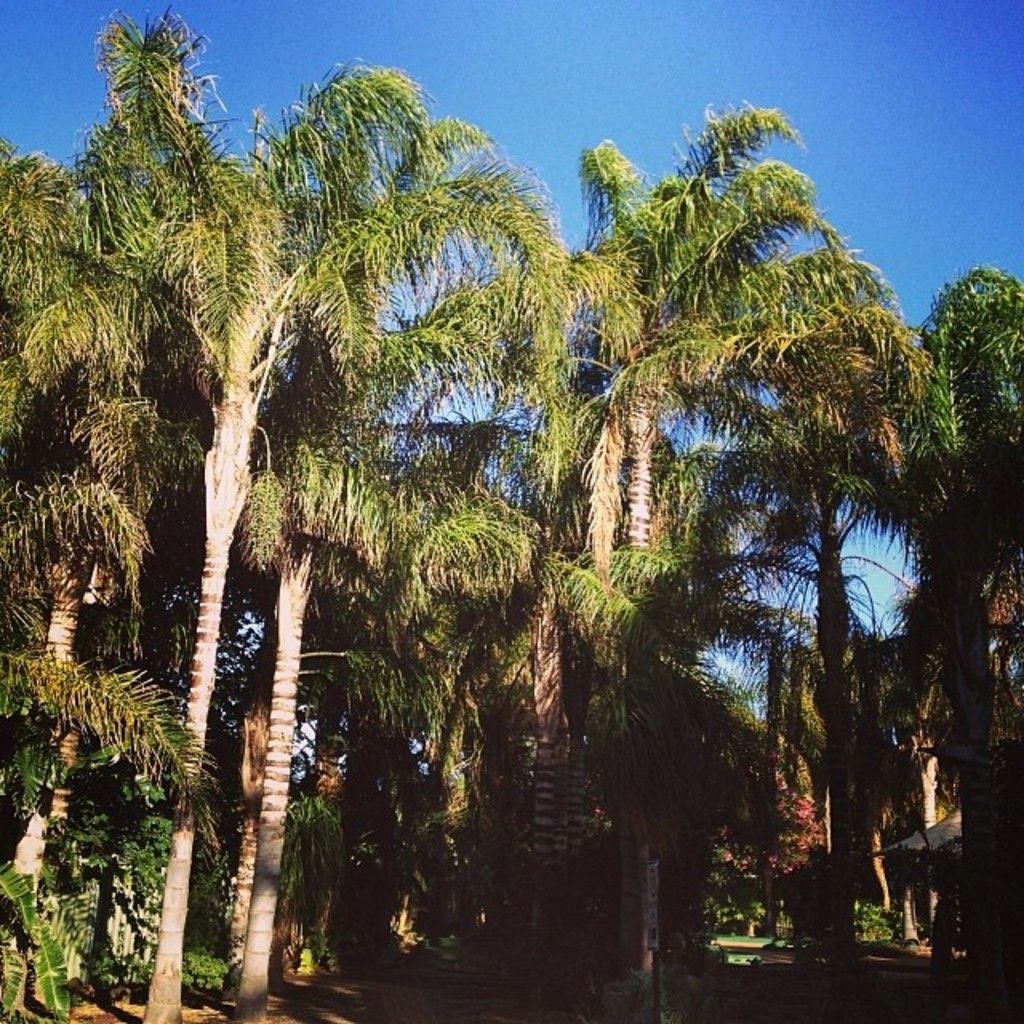Stirring up a Storm: The Take It Back Movement's June 12 Protest
Gearing up for a Nationwide Standoff
Nationwide Demonstration Planned by Take It Back Group for June 12th
In a bold move to rouse the masses, activist Juwon Sanyaolu, leading the Take It Back Movement, has announced a nationwide protest on June 12. The purpose? To shake up Nigeria’s sluggish government and draw attention to the deteriorating security situation, contracting civic space, and escalating economic hardships plaguing the nation.
A Rebellion Born of Frustration
Sanyaolu, in his fiery statement, dismissed the official Democracy Day festivities as an empty façade, urging Nigerians to eschew complacency and take to the streets in peaceful protest instead. Emphasizing unity, he called on workers, students, civic groups, artisans, and diasporans to join the movement’s ranks, stating:
Despite the Nigeria Police’s ban on public demonstrations, Sanyaolu and his movement remain resolute, vowing that protests will unfold across state capitals and the Federal Capital Territory.
Braving the Storm of Insecurity
The Movement's ire centers largely on the surging violence in Nigeria's Middle Belt and northern regions, where communities have been ravaged by attacks in states like Benue, Plateau, and Southern Kaduna. Sanyaolu, in his outrage, pointed to the lack of government action, declaring:
Under the Iron Heel of Government
In addition to voicing concerns over the rising tide of insecurity, Sanyaolu accused the Nigerian government of neglecting the plight of displaced persons, failing to address the burgeoning humanitarian crisis. He roundly condemned the government for its attempted suppression of dissent, citing its alleged crackdown on protesters, the arrests of activists, and the persecution of journalists and social media users under the Cybercrime Act.
The Call to Action
Undeterred by the government's tactics, Sanyaolu stands firm in the movement's determination to stage the June 12 protest, rallying citizens to take a stand against the current trajectory of violence, political repression, and economic hardship plaguing Nigeria.
You might be interested in
- "How I Dared IBB, Told Him To Resign" - Sule Lamido Shares
- Tensions Rise As Police Halt Protesters' March To Lagos State Assembly
- Take-It-Back Protest Faces Setback As Police Block Access To Lagos Assembly
- Take-It-Back Movement Defies Police Warning, Protests Across Nigeria
- "Why Should It Be On The Day To Honour Police They Want To Have Protest" - Adejobi
- Northern Youth Council Distances Self From April 7 Protest
Notes
[1] "Armed militia kills 20 civilians in fresh attack on Southern Kaduna village" - PUNCH Ng (July 1, 2022)[2] "FG moves to silence #TakeItBack protest" - Vanguard News (June 14, 2022)[3] "Nigerian Police Insist Ban on Public Protest Stands" - Al Jazeera (June 9, 2022)[4] "Sex-for-marks: The systemic failure of Nigeria's justice system" - The Conversation (June 29, 2021)[5] "Nigeria: IMF Bretton Woods Project cum World Bank controlled Nigeria's Economy Since Feb. 1986" - The AFRICAN EXAMINER (August 8, 2021)
- In response to the call by the Take It Back Movement, social media users have been actively spreading the word about the June 12 protest, with the #TakeItBack hashtag gaining significant traction across various platforms.
- The PDP, amidst the looming June 12 protest and rising emotions, has issued a statement expressing concern about the escalating war-and-conflicts in Nigeria's Middle Belt and northern regions, vowing to address the security concerns if elected in future elections.
- The APC, on the other hand, has been criticized for its handling of the crime-and-justice situation, with the opposition party being accused of prolonging economic hardships and stifling general-news coverage that could shed light on the worsening conditions in the nation.
- Entertainments industry personalities have shown their support for the Take It Back Movement, with popular Naija artists releasing songs with lyrics that reflect the Movement's message, calling for a change in the dysfunctional political landscape of Nigeria.
- The ongoing war-and-conflicts in Benue, Plateau, and Southern Kaduna states have led to an increasing number of victims seeking refuge in Lagos, putting a strain on the city's resources and raising concerns about accommodation and employment opportunities for the displaced civilians.
- The police in Lagos have been accused of heavy-handedness in dealing with protesters, with numerous instances of violence reported during previous attempts to stage protests in the city, raising questions about the right to freedom of speech and assembly in Nigeria.







